Sustainability reports that use the UN SDG framework
 Share
Share
 Copy Url
Copy Url
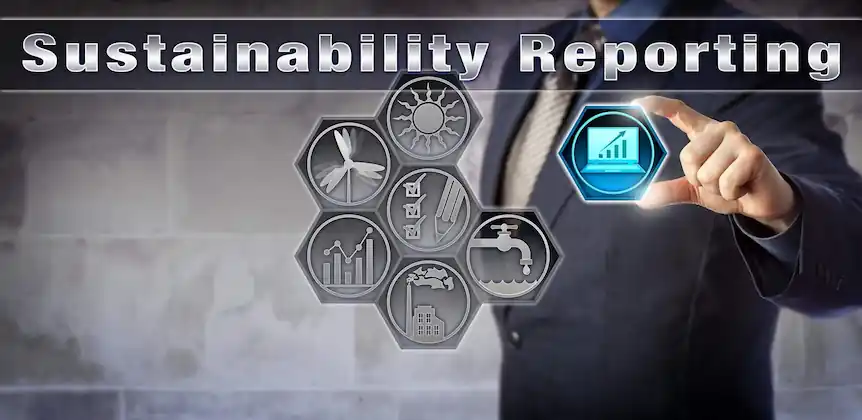
With regulators and stakeholders demanding more transparency related to non-financial performance, companies must now increase their focus on factors other than profitability. They must adopt renewable energy sources, use plastic-free packaging and reusable bottles, ensure measures are in place for a discrimination-free work environment, etc. And they must also find ways to disclose their contributions and their impact honestly.
To aid companies in this endeavor, several standards and frameworks have come into being. The United Nations Sustainable Development Goals, also known as SDGs or global goals, is one such framework that organizations can use when reporting, especially in their sustainability reports. They were developed by the United Nations (UN) in 2015 to alleviate poverty and safeguard the planet and comprise 17 Goals that companies can align their business objectives to, to report their ESG impacts. The Goals allow businesses to convert challenges into obstacles.
Here are some organizations that use the UN SDG framework in their sustainability reports.
NIKE
From contributing to greenhouse gas emissions to polluting the ocean with microplastics, the sports apparel industry has been causing serious environmental damage to the planet. NIKE realized the impact of its business on the environment long before sustainability issues became mainstream. In FY21, the company published its 20th Impact Report, marking its sustainability journey of 20 years.
NIKE uses the GRI standards to map its contribution to SDGs. The GRI disclosures help companies cluster sustainability information under appropriate tags, facilitating easy mapping with SDGs. By scanning the general disclosures at the end of the document, stakeholders can understand how sustainably inclined NIKE is regarding business operations.
The company has the highest potential to contribute in the areas of:
- Good health
- Gender equality
- Decent work and economic growth
- Responsible consumption and production
- Climate action
- Partnerships for goals
Following are the goals mapped with the GRI standards:



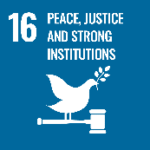
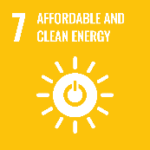
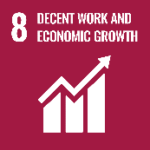
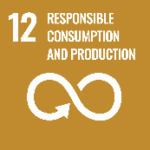
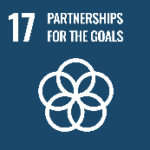
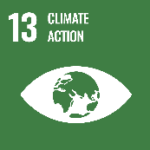
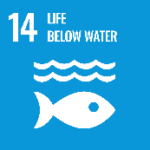
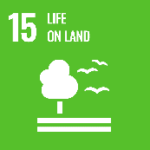
Citi
Although financial institutions such as Citi do not directly impact the environment, their lending decisions to certain industries degrade the environment. In FY21, Citi made a US$ 1 trillion commitment to indulge in sustainable financing for projects in low-carbon solutions, affordable infrastructure, affordable housing, diversity and equity, economic inclusion, etc. to switch to a low-carbon economy. The company also committed to cease its exposure to thermal coal mining companies by 2030.
Citi uses the Principles for Responsible Banking (PRB) framework to ensure that its business strategy aligns with Sustainable Development Goals (SDGs) and the Paris Climate Agreement. With a series of self-assessment questions, Citi offers a high-level response regarding its alignment with SDG goals, targets set in the areas of climate change, racial equity, biodiversity, etc., plans for target implementation and monitoring, and others to foster sustainable banking operations.
Citi is also a part of the Global Investors for Sustainable Development (GISD) Alliance comprising 30 of the world’s largest investors dedicated to accelerating SDG financing.
The Company’s 2021 ESG report is in alignment with the following SDG goals:


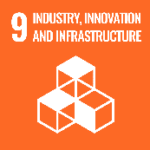
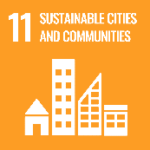
Hilton Hotels
Hilton Hotels has its ESG strategies and objectives aligned to support the UN SDG framework. The company has laid out its 2030 goals in themes such as:
- Water
- Waste
- Responsible sourcing
- Inclusive growth
- Human rights
- Careers
- Communities
- Conduct
- Public Affairs
- Partnerships
- Policies and Reporting
The 2030 goals are mapped against the SDG targets and sub-targets. The company also includes the progress made to date in its ESG report.
Hilton Hotels has adopted the below-mentioned SDG goals:
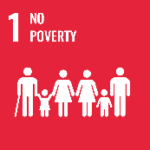





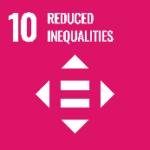




The Lego Group
According to UNEP, toy companies are the most plastic-intensive industry in the world. LEGO, one of the world’s largest plastic toy manufacturing companies, understands plastic’s environmental impact. Hence, in June 2021, LEGO introduced the prototype of a LEGO brick produced from recycled plastic, marking the transition towards responsible production.
As a company catering to kids, it supports learning through play and has reached out to 3.5+ million children in 2021.
The two SDG goals supported by the Company as mentioned in its 2021 ESG report are:
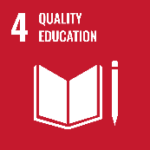

Tech Mahindra
Tech Mahindra’s Sustainability Report 2021 report has a detailed table that lists the company’s contribution to SDGs, projects implemented, and their impacts. The company has incorporated SDGs into business planning and activities. Also, the SDGs form a part of the Executive Leaders Balance Score Cards and the Chief Executive Office oversees the sustainability-focused actions and initiatives every quarter.
The Company supports the following SDG goals:
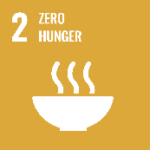











Tata Power
Tata Power has aligned its business operations with the UN SDGs. From a materiality standpoint, the company has focused on 9 SDGs – 4 business SDGs and 5 CSR SDGs. For instance, materiality topics such as climate change management, environmental stewardship, workforce well-being, future readiness, and business continuity, corporate governance, and customer relationships are mapped across various SDGs.
Tata Power supports the following SDG goals:










KPIT
As a technology-driven automobile solution provider, KPIT has been always focused on sustainability by offering e-mobility solutions and continuously increasing the scope of sustainable business practices. The Company has taken several steps and initiatives to map progress against various SDGs.
In its ESG report, KPIT has achieved mapped its contribution to SDGs under the following themes:
- Empowering communities
- Conserving the environment
- Prioritizing our people
- Leading the way in innovation
- Ensuring strong corporate governance
The following are the UN SDGs supported by KPIT:









Being transparent in business
The global climate change crisis has made businesses around the world become more vigilant about their impact on the environment. Transparency has become more important than ever. By adopting standards and frameworks, companies can report their materiality issues and win the trust of various stakeholders. As sustainability and profitability go hand in hand, companies can also be more profitable if they adopt sustainable business practices. At the same time, they must divulge these practices in the form of sustainability reports.
At Report Yak, we work towards creating stunning Annual Reports, Integrated Reports, Sustainability Reports, and ESG Reports. Our content team and design experts assist organizations in their corporate reporting process by providing advice on how to create trend-setting reports. Reach out to us and we will be happy to discuss your requirements or queries.
Related Posts
-
Integrated Reporting Made Easy For Modern Companies
annual reportAnnual Report design
+6
Dec 31, 2025Share
Copy Url
How To Adopt BRSR Guidelines For Success
Oct 15, 2025Share
Copy Url
Simplifying ESG Disclosure for Better Impact
corporate reportingenvironmental and social initiatives
+6
Aug 28, 2025Share
Copy Url


